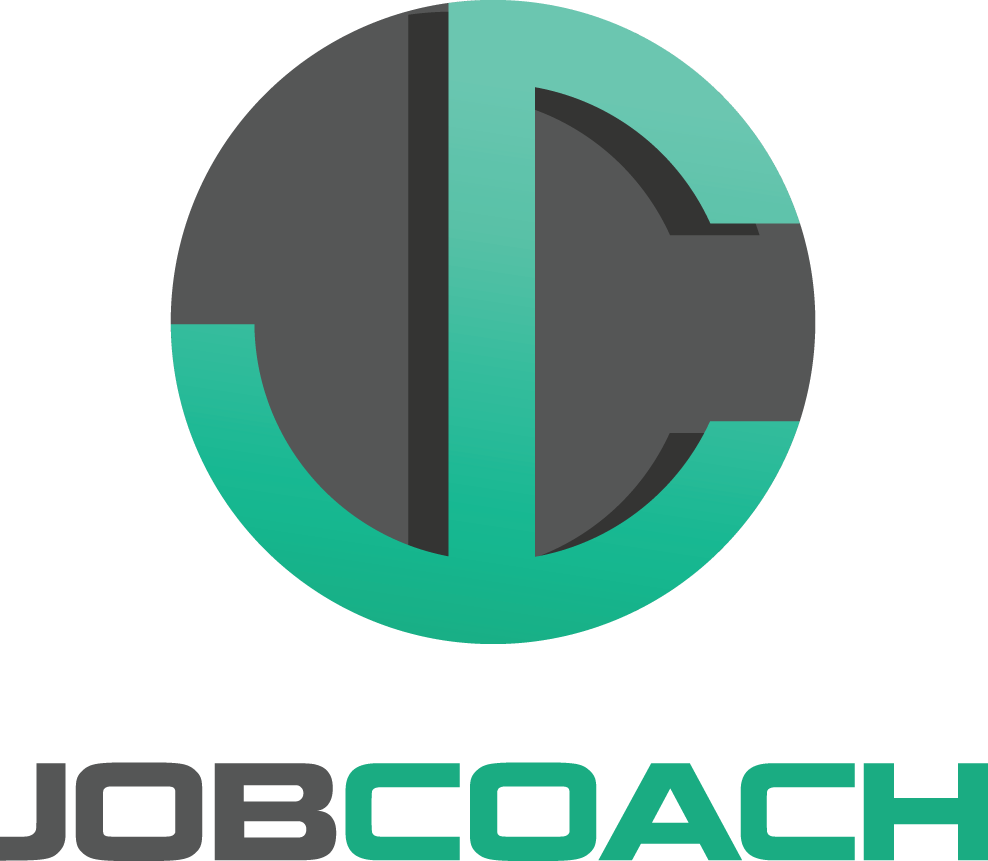Building Resilience in the Workplace
Building Resilience in the Workplace: A Guide for New Entrants
Entering the workforce can be an exciting yet challenging experience. As you step into the professional arena, you'll inevitably encounter various hurdles, setbacks, and tough situations. Developing resilience is crucial for navigating these challenges and thriving in your career. Let’s explore the significance of resilience in the workplace and provide practical insights for newcomers or those with limited work experience.
Understanding Resilience:
Resilience is the ability to adapt, bounce back, and thrive in the face of adversity. In a professional context, it means withstanding the pressures, setbacks, and uncertainties that come with the dynamic nature of the workplace. Resilience doesn't mean avoiding stress or difficult situations; instead, it involves developing the skills to navigate and overcome them.
Importance of Resilience in the Workplace:
Adaptability:
The business landscape is constantly evolving, and the ability to adapt to change is a valuable skill. Resilient individuals can adjust their mindset and approach when faced with new challenges, ensuring they remain effective in their roles.
Emotional Intelligence:
Resilient employees understand and manage their emotions well. This emotional intelligence enables them to handle stress, frustration, and disappointment constructively, contributing to a healthier work environment.
Problem-Solving:
Resilience fosters a problem-solving mindset. Instead of being overwhelmed by difficulties, resilient individuals see them as opportunities to learn and grow. This proactive approach is highly valued in the professional world.
Team Collaboration:
Resilient team members contribute positively to group dynamics. They can support and motivate colleagues during challenging times, fostering a culture of collaboration and mutual support.
Developing Resilience:
Cultivate a Growth Mindset:
Embrace challenges as opportunities for growth. A growth mindset encourages continuous learning and development, allowing you to see setbacks as a natural part of the learning process.
Build a Support System:
Connect with mentors, colleagues, or friends who can provide guidance and support. Having a strong support system can make it easier to navigate challenging situations and gain different perspectives.
Self-Care Practices:
Prioritise self-care to maintain physical and mental well-being. Regular exercise, adequate sleep, and mindfulness practices contribute to overall resilience by enhancing your ability to handle stress.
Learn from Setbacks:
Instead of dwelling on failures, focus on the lessons they offer. Analyse what went wrong, identify areas for improvement, and use setbacks as stepping stones toward future success.
Effective Communication:
Develop strong communication skills to express your needs, concerns, and ideas clearly. Open communication helps build positive relationships and prevents misunderstandings that could contribute to workplace stress.
Conclusion:
Building resilience is a continuous process that empowers individuals to thrive in the face of challenges. For new entrants to the workforce, understanding the importance of resilience and actively developing these skills will not only enhance their personal well-being but also contribute to a positive and productive work environment. As you embark on your professional journey, remember that resilience is a key factor in transforming obstacles into stepping stones towards success.
USEFUL LINKS
FOLLOW US
STAY INFORMED
You need a helping hand with your project?
We will get back to you as soon as possible
Please try again later
CONTACT US
Contact Us
We will get back to you as soon as possible.
Please try again later.
All Rights Reserved | The Job Coach Australia
Powered with 🤍 by Shazamme

